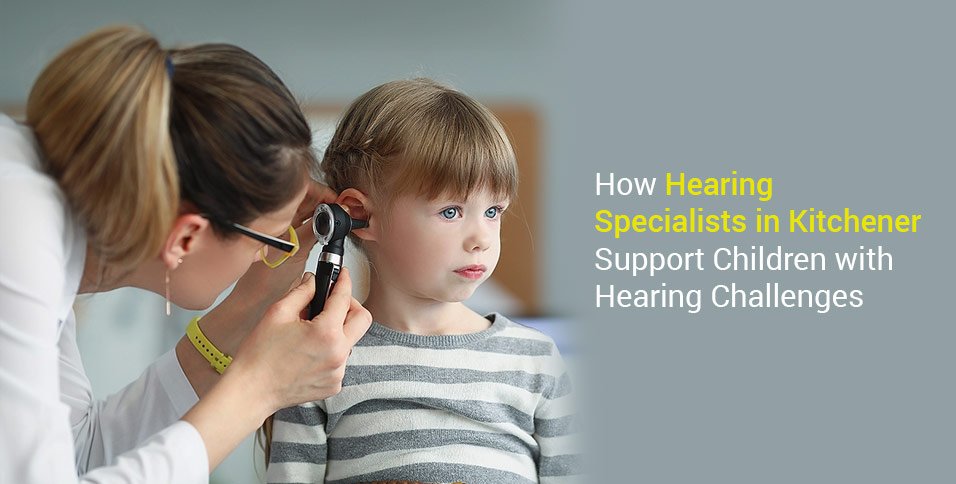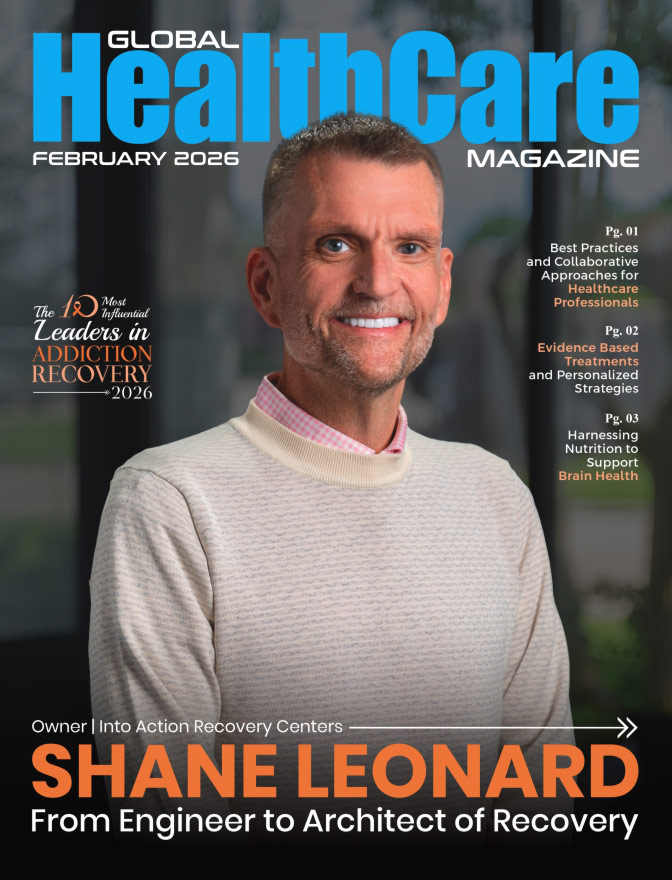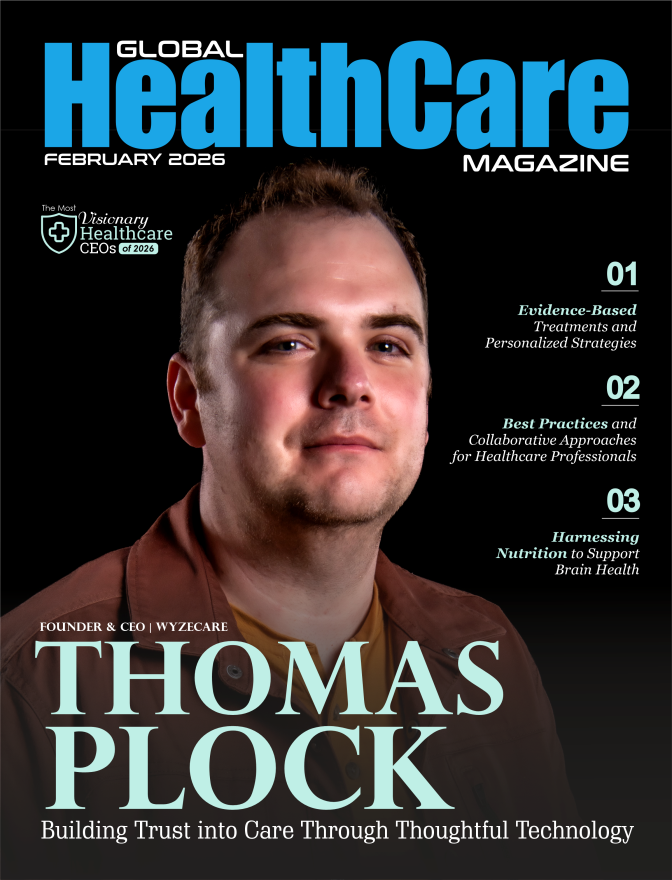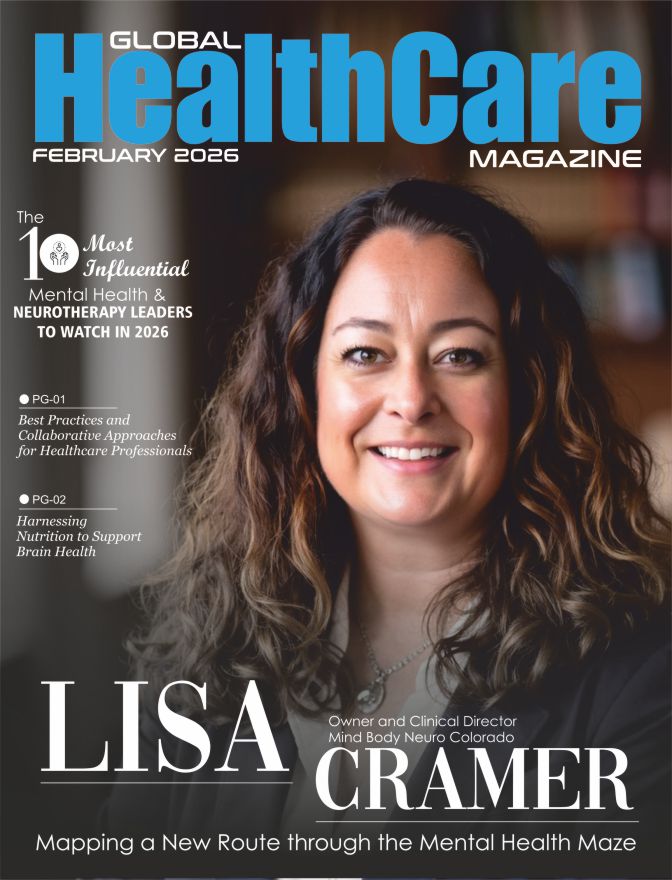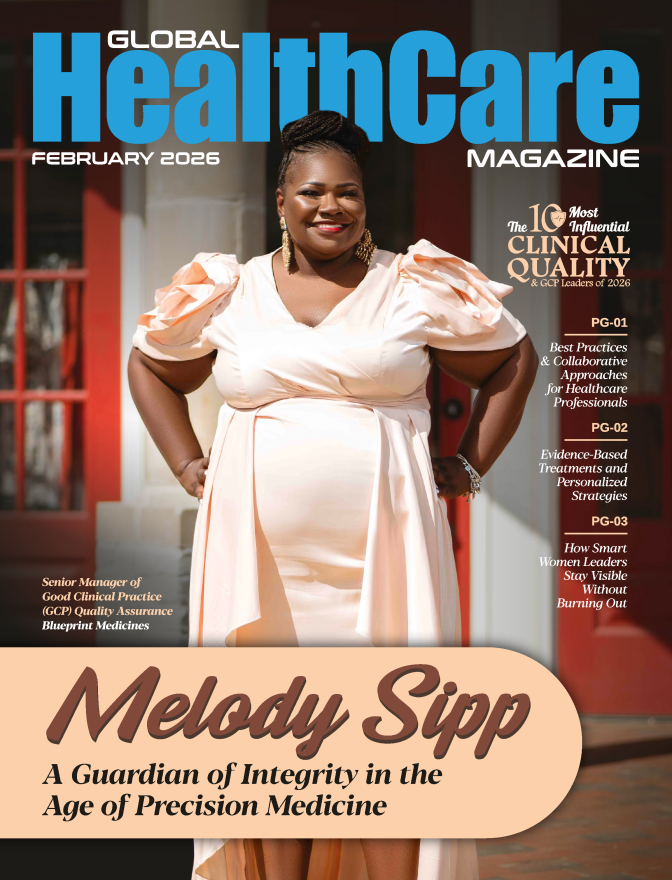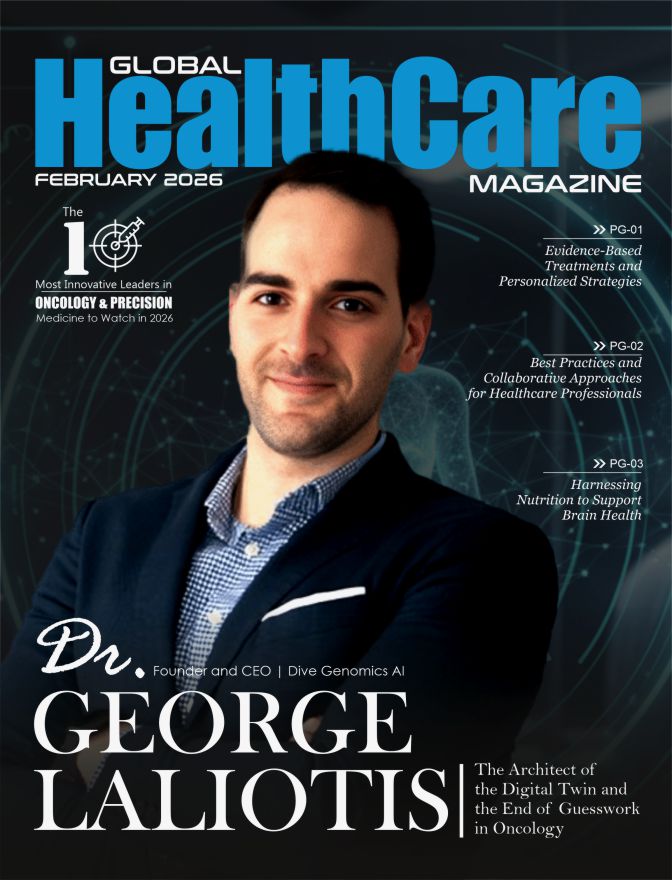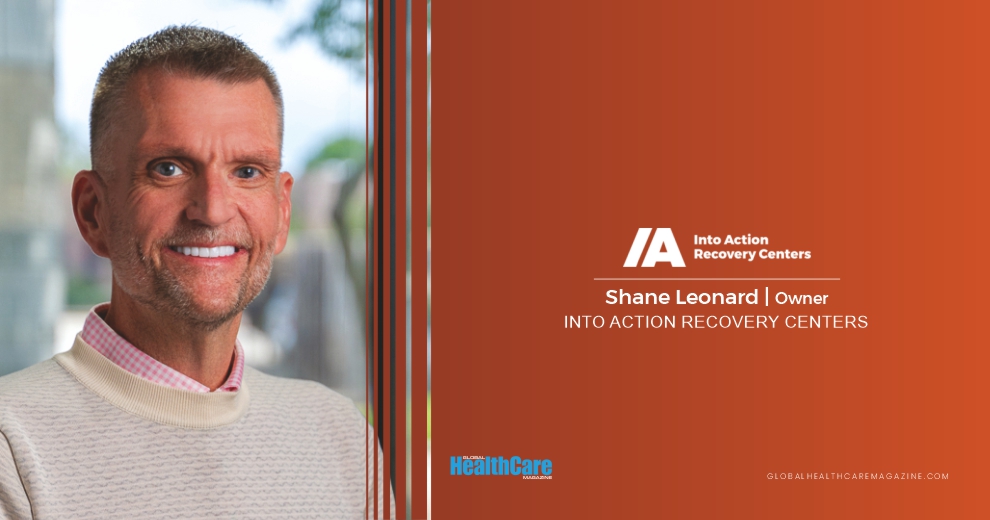Hearing plays a vital role in a child’s development—affecting speech, social interaction, academic progress, and emotional wellbeing. When hearing issues arise early in life, the effects can ripple through every aspect of a child’s world. That’s why early intervention is crucial. In cities like Kitchener, families are turning to dedicated professionals who bring both expertise and empathy to the table. Parents seeking compassionate care will often find reliable support from experienced hearing specialists in Kitchener, who are equipped to guide children through every stage of hearing rehabilitation and support.
Recognizing the Early Signs of Hearing Loss in Children
Unlike adults, children often can’t articulate when something feels “off.” Instead, signs of hearing issues may surface subtly—missed milestones in speech, inattentiveness, frequent ear infections, or turning the TV volume excessively high. Some children may appear withdrawn or uninterested in communication. These behaviours are easy to misinterpret, which is why parents and educators must stay vigilant. The earlier these signs are recognized, the better the outcome for the child’s long-term development.
The Importance of Early Intervention
Research consistently highlights that the first three years of life are critical for language acquisition. According to the Canadian Paediatric Society, children who receive timely treatment for hearing loss often develop language skills on par with their peers. Early hearing assessments, ideally by the age of six months for at-risk infants, can significantly impact cognitive and emotional development. This underscores why paediatric-focused hearing care must be timely and precise.
How Specialists Conduct Paediatric Hearing Assessments
Testing a child’s hearing isn’t as straightforward as it is with adults. Hearing professionals use age-appropriate methods to ensure accurate assessments. For infants, objective tests such as Auditory Brainstem Response (ABR) and Otoacoustic Emissions (OAE) are non-invasive and highly effective. For toddlers and preschool-aged children, Visual Reinforcement Audiometry (VRA) and Play Audiometry make the process engaging while yielding reliable data. These specialised tools allow practitioners to adapt their approach to each developmental stage.
Creating Customised Hearing Solutions for Every Child
No two hearing loss cases are the same, which is why specialists create highly personalised care plans. Some children may benefit from hearing aids tailored to their unique ear anatomy and hearing profile. Others may require bone conduction devices or cochlear implants. The fitting process includes real-ear measurements and ongoing calibration to ensure devices are functioning optimally. What truly sets paediatric care apart is the ongoing support—not just at the point of diagnosis, but across every milestone.
Supporting Communication Skills Through Speech and Language Therapy
Once hearing is improved through assistive technology or medical treatment, the next step often involves speech-language therapy. Children need to learn how to process the sounds they’re now able to hear. Therapists work closely with audiologists to help children build vocabulary, articulation, and comprehension skills. The collaborative nature of this approach ensures that hearing and language development progress hand in hand.
Partnering with Parents Every Step of the Way
Parents are essential partners in a child’s hearing journey. Education is a cornerstone of the care process. Families receive guidance on how to manage devices, incorporate auditory training at home, and advocate for their child’s needs at school. Many professionals offer family counselling and workshops to help parents adjust emotionally and practically to their child’s diagnosis. It’s not just about providing treatment—it’s about empowering families.
School Readiness and Classroom Adaptation
As children with hearing challenges enter the classroom, new support systems come into play. Educational audiologists and teachers of the deaf collaborate with families and clinical specialists to ensure a smooth transition. This might include recommending FM systems, soundfield amplification, or preferential seating. In Ontario, the Individual Education Plan (IEP) is a vital document that helps outline accommodations and support services tailored to the student’s specific needs.
Beyond Devices: Emotional and Social Development
Hearing difficulties can sometimes lead to social isolation, especially if peers struggle to understand the child’s experience. Building confidence is just as important as building communication skills. Many specialists incorporate counselling or group programs that foster emotional resilience, peer interaction, and self-advocacy. By addressing the whole child—not just the ears—they help children thrive across all aspects of life.
The Path Forward
Supporting children with hearing challenges is a journey of persistence, adaptation, and collaboration. From the moment a concern arises, families deserve clear answers, compassionate care, and a plan that grows with their child. In communities like Kitchener, those stepping up to meet this need are doing more than improving hearing—they’re shaping futures filled with confidence, communication, and connection.
Also Read: Why Listening Is One of the Most PowerfulTools in Patient Care for Nurses

